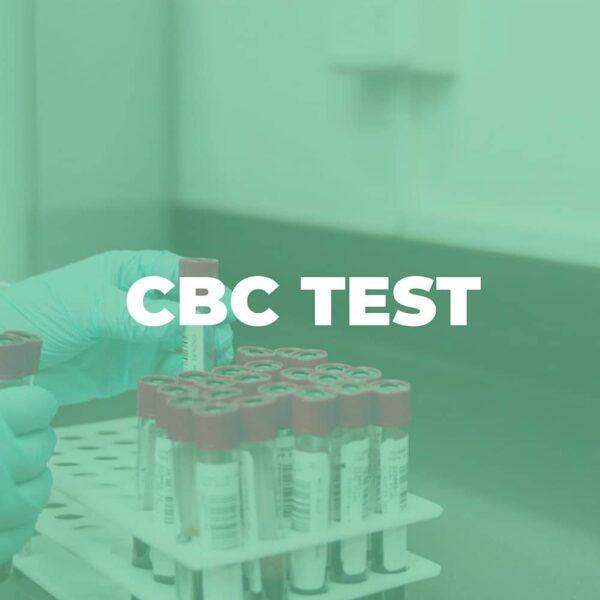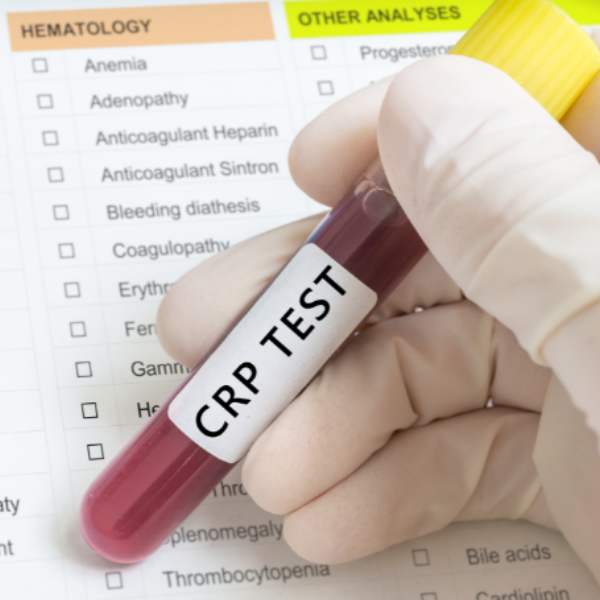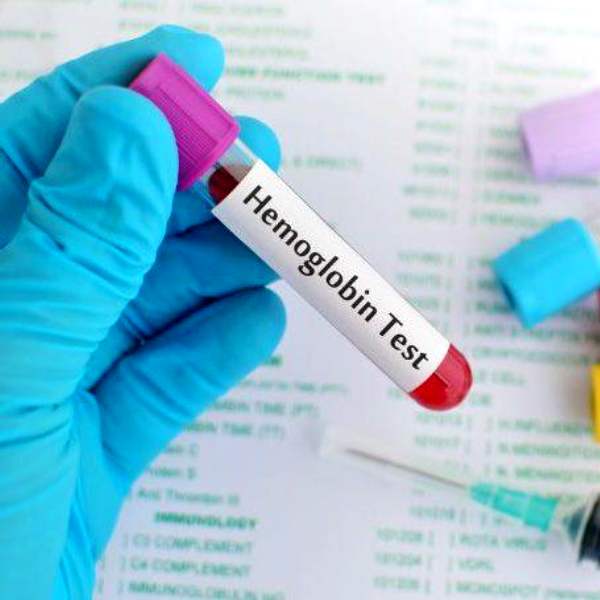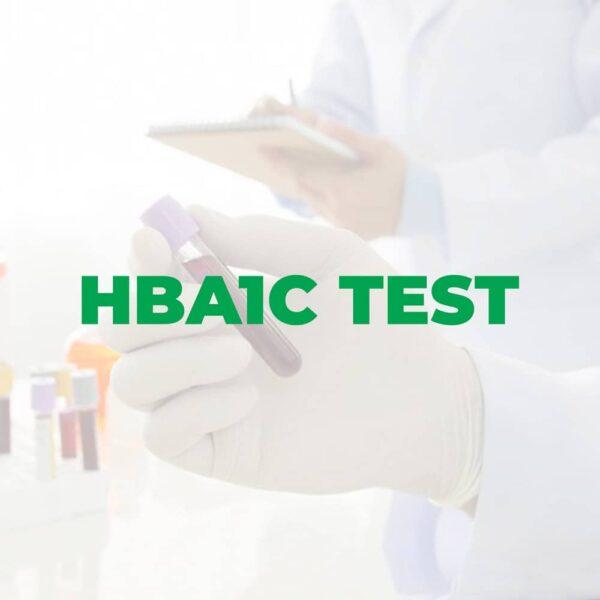Complete Hemogram Test
Complete hemogram test is necessary in diagnosing anemia, hematological cancers, infections, acute hemorrhagic states, allergies, and immunodeficiencies. Also it is used for monitoring side effects of certain drugs. A hemogram blood test is usually performed to monitor the overall health condition of elderly people. This test measures the below-mentioned health problems and chronic diseases in elderly patients. It is also referred to as complete blood count (CBC), full blood count (FBC). The most commonly performed blood test is complete blood cell count . CBC detects health conditions such as leukemia, anemia, and infection, while ESR mainly helps in identifying the occurrence of inflammation in the body.
Get Appointment
Understanding Complete Hemogram Blood Test:
Hemogram Blood Test can also help diagnose; Rheumatoid arthritis, Temporal arteritis, Systemic vasculitis. This test includes hemoglobin, white blood cell count, platelet count, and detailed red blood cell indices. Automated complete blood count also give information for “differential” which gives information about percentages and absolute numbers of different subgroups of white blood cells. Normal hemogram level in Male: 13.8 to 17.2 grams per deciliter (g/dL) or 138 to 172 grams per liter (g/L) and in Female: 12.1 to 15.1 g/dL or 121 to 151 g/L. A hemogram test price is Rs. 200-Rs.400.

Hemogram Blood Tests Parameters:
Erythrogram Count in Hemogram Blood Test: This includes counts of red blood cells (RBC) and RBC mass (hematocrit), hemoglobin concentration, RBC indices (cell size, hemoglobin content), RBC size variation (red cell distribution width or RDW), reticulocyte counts (percentage or absolute), nucleated RBC count (per 100 WBC or absolute), and RBC morphologic features, including presence of parasites.
Leukogram Count in Hemogram Blood Test: This includes a total white blood cell (WBC) count (corrected for nRBCs) and a differential cell count of the individual leukocytes (absolute counts, but some laboratories also provide percentage counts), and WBC morphologic features, including presence of parasites.
Thrombogram Count in Hemogram Blood Test: This includes results for platelet numbers and size (mean platelet volume) and an estimate of platelet numbers from a blood smear (to verify any provided counts and check for clumps). Some laboratories also provide results for platelet mass (platelet crit).
Plasma Count in Hemogram Blood Test: In some laboratories, a measurement of total solids by refractometer (often called total protein by refractometer or total protein-ref) and a visual assessment of plasma color (hemolysis, lipemia, icterus) is provided as part of the hemogram.
Complete Hemogram Test Components:
The Hemogram Test evaluates various components of the blood, including:
- Red Blood Cells (RBCs): These cells transport oxygen throughout your body. Abnormal levels could indicate anemia, dehydration, or chronic diseases.
- White Blood Cells (WBCs): These cells are essential for your immune response. A high or low count may signify infections, inflammation, or immune disorders.
- Platelets: Platelets are crucial for blood clotting. Abnormal levels could signal bleeding disorders or bone marrow issues.
Additionally, the test measures hemoglobin levels, hematocrit, and red cell indices, offering a holistic view of your blood health.
Hemogram Blood Test List:
The Complete Hemogram Test includes a variety of sub-tests, ensuring a thorough analysis:
Red Blood Cell Tests
- Hemoglobin (Hb): Measures the oxygen-carrying capacity of blood.
- Hematocrit (HCT): Proportion of red blood cells in your blood.
- Mean Corpuscular Volume (MCV): Average size of red blood cells.
- Mean Corpuscular Hemoglobin (MCH): Amount of hemoglobin per red blood cell.
- Red Cell Distribution Width (RDW): Variability in red blood cell size.
White Blood Cell Tests
- Total WBC Count: Measures the overall number of white blood cells.
- Differential WBC Count: Breaks down the WBCs into neutrophils, lymphocytes, monocytes, eosinophils, and basophils.
Platelet Tests
- Platelet Count: Number of platelets in the blood.
- Mean Platelet Volume (MPV): Size of platelets.
Additional Tests
- Erythrocyte Sedimentation Rate (ESR): Measures inflammation levels in the body.
Preparation for the Complete Hemogram Test
Proper preparation is key for accurate results.
- Fasting:
- Fasting is generally not required unless your doctor suggests otherwise.
- Hydration:
- Drink sufficient water before the test. Hydration helps veins become more visible, making the blood draw easier.
- Medication Disclosure:
- Inform your doctor or lab technician about any medications or supplements you’re taking, as they can influence the results.
- Clothing Choice:
- Wear comfortable, loose-fitting clothing with easy access to your arms for the blood draw.
Haemogram Test Procedure:
The Hemogram Test is a simple and quick procedure:
- Preparation:
- The healthcare provider will sanitize the area, typically on your arm.
- Blood Sample Collection:
- A small needle is used to draw blood from a vein.
- Sample Storage:
- The collected blood is stored in a specialized vial and sent to the lab for analysis.
- Time Taken:
- The process typically takes 5–10 minutes.
The procedure is virtually painless, and any discomfort is minimal and temporary.
Hemogram Blood Test Results & Interpretation
Once the test is complete, the results are usually available within 24–48 hours.
Key Insights from the Results:
- High RBC or Hemoglobin Levels: May indicate dehydration, smoking, or heart-related issues.
- Low Hemoglobin or Hematocrit: Could suggest anemia, blood loss, or nutritional deficiencies.
- Abnormal WBC Count: Might point to infections, inflammation, or blood disorders like leukemia.
- Low Platelet Count: May indicate a risk of excessive bleeding or a bone marrow problem.
Your healthcare provider will interpret these results in the context of your symptoms and medical history.
Symptoms Indicating the Need for a Hemogram Test
You might need a Hemogram Test if you experience:
- Chronic fatigue or weakness.
- Persistent fever or infections.
- Easy bruising or bleeding.
- Pale skin or shortness of breath.
- Signs of inflammation or swelling.
Early diagnosis through this test can help manage and treat underlying conditions more effectively.
Frequent Health Checkup covering the Hemogram Blood Test is crucial for maintaining optimal health.







